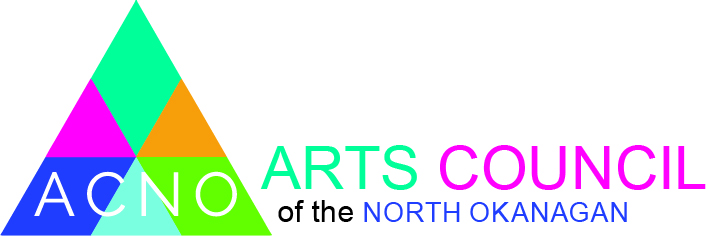Frequently Asked Questions
Why does ACNO believe access to arts and culture is essential for healthy communities?
Access to arts and culture is crucial for healthy communities as it fosters creativity, social connections, and economic growth while promoting diversity and inclusivity. Public art contributes to vibrant spaces and community identity through creative and inclusive placemaking.
How does the ACNO promote and further Reconciliation, Equity, Diversity, Inclusivity, and Access (REDIA)?
ACNO acknowledges that, like many others on this journey, we are continuously striving for advancements in our organization and our community. We further REDIA through diverse, inclusive, and accessible programming at our festivals and events, forming collaborative partnerships with local Indigenous groups, implementing comprehensive policies and procedures, and offering continuous access to education and training opportunities.
How can individuals and organizations educate themselves and contribute to creating more equitable and inclusive spaces?
Individuals and organizations can contribute to creating more equitable and inclusive spaces by educating themselves through specialized training opportunities, advocating for fairness and inclusivity, and taking concrete actions to make spaces safe and welcoming for everyone.
What resources are available for individuals and organizations wanting to learn more about Indigenous cultures and histories in the context of Reconciliation efforts?
Remember that Reconciliation is an ongoing journey in which we all need to listen and learn. Deeper understanding is gained through reading the Truth and Reconciliation Commission’s 94 Calls to Action, attending Cultural Safety Training, identifying and acknowledging the territory in which you live, exploring documentaries and websites to learn about Indigenous History, and engaging with Indigenous art, music, and storytelling.
What are some best practices for creating safe and inclusive spaces for people of diverse backgrounds, including LGBTQ+ individuals, people with disabilities, and racialized communities?
Best practices for creating inclusive spaces involve implementing policies against discrimination, providing training on diversity and accessibility, and ensuring physical spaces are accessible and accommodating for everyone.
How can community engagement and grassroots activism contribute to advancing REDIA at the local level?
Community engagement and grassroots activism can advance REDIA at the local level by collaborating with diverse groups, advocating for inclusive policies, raising awareness about issues, and empowering marginalized voices for positive change.
